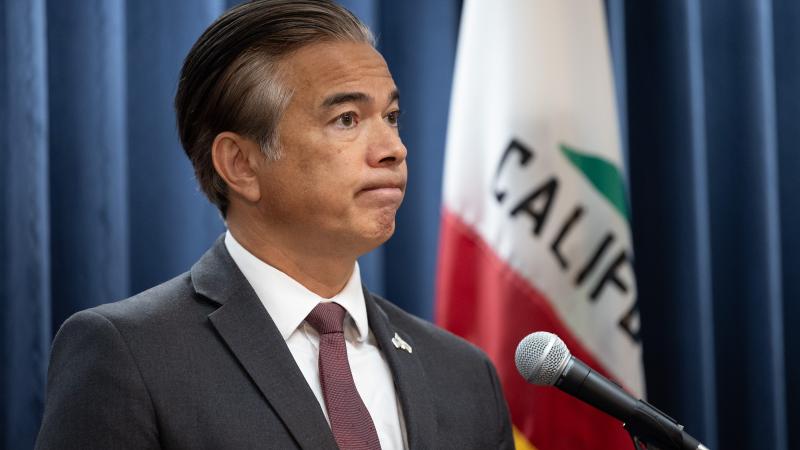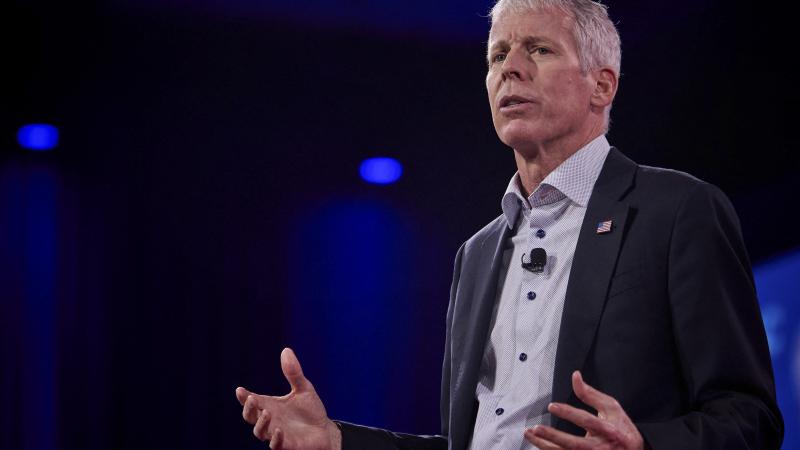Measure phasing out fluorescent lighting headed to governor
The bill’s sponsor, State Sen. Adriane Johnson, D-Buffalo Grove, said toxic pollutants in fluorescent bulbs pose a health risk.
Illinois will become the 10th state to pass a ban on fluorescent lighting.
A bill to phase out fluorescent lighting and to make a required transition to LED bulbs is headed to Gov. J.B. Pritzker for his signature.
The bill’s sponsor, State Sen. Adriane Johnson, D-Buffalo Grove, said toxic pollutants in fluorescent bulbs pose a health risk.
“These types of fluorescent lamps contain mercury and pose a threat to not only the health of people but also the environment,” said Johnson.
The Public Interest Research Group (PIRG) was behind the legislation. Their report says that three in four fluorescent lamps are improperly disposed of, thus releasing mercury into the environment.
Critics said the conversion to LED bulbs will be costly, especially for businesses.
Illinois PIRG State Director Abe Scarr said LED bulbs are more expensive, but the costs will be recouped because they are more energy efficient.
“Even with the initial bulb costs a little bit more and you put out more upfront to pay for an LED bulb than you would for fluorescent, you are going to make that money back sometime within a month,” said Scarr.
PIRG reports a typical small office could see $900 a year in savings and an average school could save $3,700 per year.
Exemptions would apply for certain fluorescent lamps used for medical diagnostics, photocopying and printing, and in vehicle headlights.
Former President Donald Trump’s administration in 2019 undid a previous Obama-era expansion of the 2007 light bulb rule, although the Biden administration later reinstated it.
According to an analysis by the Appliance Standards Awareness Project, the new bulbs will save Illinois consumers more than $1.5 billion on utility bills by the year 2050.
“This legislation will save families and small businesses millions on their utility bills,” said Josh McClenney, state policy associate with the Appliance Standards Awareness Project. “It’s a common sense policy."
















